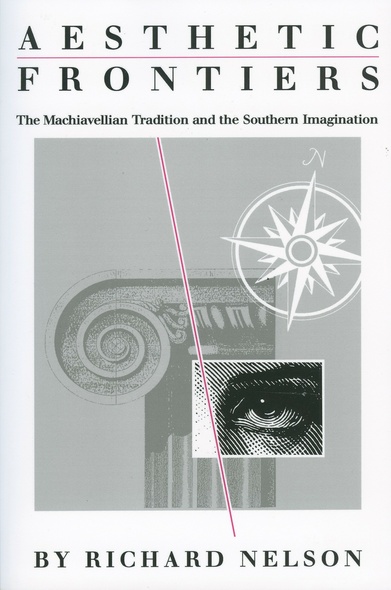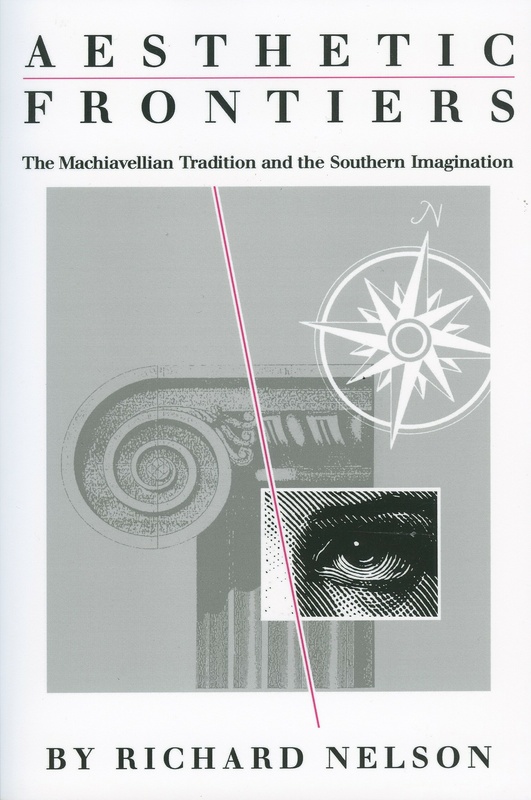Aesthetic Frontiers
The Machiavellian Tradition and the Southern Imagination
In this stirring book Richard Nelson offers a new interpretation of the transformation of Anglo-American intellectual and aesthetic culture since 1890. He shows that southern intellectuals—aesthetic theorists, literary critics, historians, and political thinkers—confronted head on the tensions Machiavelli observed between power and value, creativity and tradition, and romanticism and realism while seeking a cultural ideal that balances politics and aesthetics.
The Antebellum South, the most militant hotbed of republicanism in the antebellum period, remained at the center of the effort to undergo revision after 1890. In the work of New Agrarians and the New Critics, Nelson sees intellectuals of the South attempting to gain aesthetic distance from a rejected heroic tradition of republicanism while at the same time reinforcing many of its ideals.
He shows that literary devices such as irony form a powerful aesthetic formula in the work of such figures as Frederick Jackson Turner, Tom Watson, Thomas Dixon, Jr., W. J. Cash, C. Vann Woodward, Langston Hughes, Allen Tate, and Robert Penn Warren. Each of these, he shows, explored the inner contradictions of a Machiavellian tradition, with its desire to preserve both authority and innovation. Confronting a series of crises beginning with the perceived loss of the frontier in the 1890s and culminating in the complete separation of politics and aesthetics during World War II, these agrarian critics, as Nelson perceives them, seek to transform political decay into aesthetic vitality.
By drawing upon and transforming formulas like the southern romance, the jeremiad, and the metaphor of the frontier, these thinkers intuitively drew upon the Machiavellian aesthetic of reinventing the heroic idea in order to preserve political authority that has lost its legitimacy.
Richard Nelson is a professor of history at the University of Maine at Machias.





